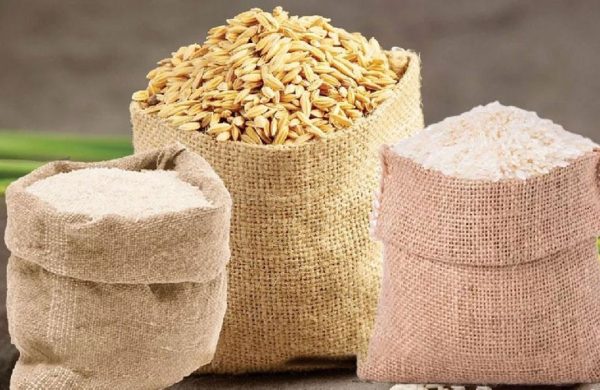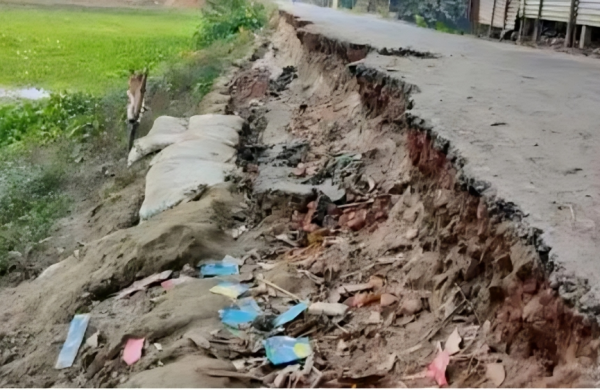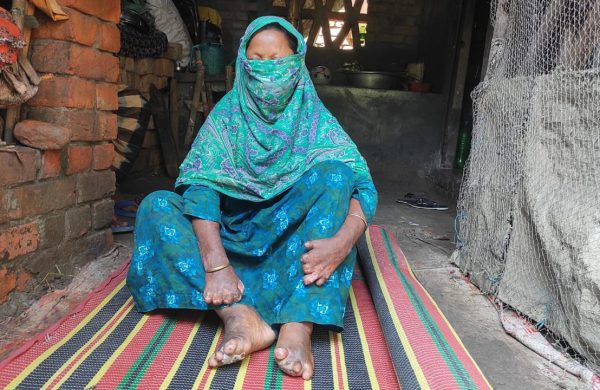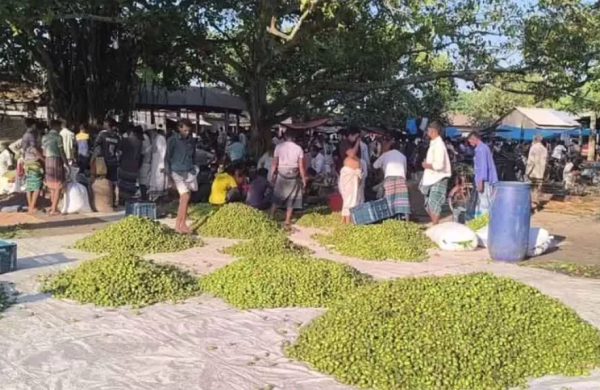Chalan Beel turns into a hub of honey production
- Update Time : Monday, January 6, 2025
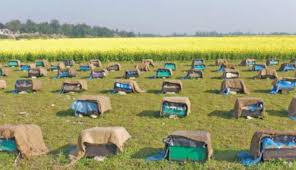
TDS Desk:
The greater Chalan Beel region has turned into a hub of honey production as the beekeepers have gathered there each year during the mustard cultivation season. Like the previous years, several hundreds of beekeepers have flocked in the greater Chalan Beel region with the aim to procure huge quantities of honey from mustard fields.
This year, it is expected that around 382 tonnes of honey will be harvested from mustard fields in the greater Chalan Beel region, which encompasses nine upazilas of Sirajganj. The estimated market value of this honey would be approximately Tk110 million.
Honey is a particularly effective component for improving human health. Regular consumption helps maintain a strong and healthy body while preventing complex and severe diseases.
In hopes of making good profits, honey collectors are currently busy working in various mustard fields across the area. Relevant individuals believe that due to favourable weather conditions and a good yield of mustard, the pace of honey collection has increased this year.
Hundreds of honey collectors from different parts of the country have gathered in Sirajganj, bringing thousands of beehives with them. They have set up artificial wooden hives in the mustard fields and are collecting several tonnes of delicious honey daily. Millions of bees are actively roaming the fields, joyfully gathering nectar from mustard flowers and returning to their hives.
During onsite visits at various locations in Chalan Beel including Mahishluti, Mannan Nagar, Nadosaidpur, Hamkuria, Ghorgram, and Dobila, the Daily Sun correspondent observed that beekeepers busily collecting honey from the artificial hives while most of them are young.
When speaking to some of the young individuals, they mentioned, that after not securing government jobs, they ventured into beekeeping and honey collection. Many of them have become financially self-reliant in a short time since starting this profession. Now, they no longer need to search for new jobs.
On the other hand, many unemployed young people are finding job opportunities through beekeeping. Witnessing their success, many young entrepreneurs from within and outside the district are expressing interest in starting this business to ensure future financial stability.
Bappi Rahman, a honey collector and beekeeper from Satkhira who has travelled to the Tarash upazila, stated, “Each season, I come to the Chalan beel region to collect honey from mustard fields. Honey collected from mustard flowers is in high market demand.”
“Wholesalers from various parts of the country buy honey directly from us collectors in the fields for Tk300 to Tk400 per kilogram. They then sell it at higher prices in Dhaka and other locations. As a result, new entrepreneurs are taking up this profession because it is straightforward to enter. Moreover, beekeeping can be started with minimal capital and doesn’t require long-term training.”
Another beekeeper, Abdus Samad, shared, “I have set up 180 boxes in the mustard fields. Within just a few days, I have already collected five maunds of honey. I expect to gather over 100 maunds this season, which could be a turning point in my life.”
Honey trader Rafiqul Islam, who has travelled to Chalan beel to collect honey from the mustard fields, said, “We gather honey directly from the fields, ensuring there’s no chance of adulteration. This guarantees that we provide 100% pure honey, and those who purchase from us are always satisfied. This process helps us strengthen the foundation of our business.”
Ahsan Shahid Sarkar, the deputy director (DD) of the Sirajganj Department of Agricultural Extension (DAE), said, “This year, we have set a target to produce 382 tonnes of honey in this district. Given the abundant mustard production, the honey collection might even exceed this target.”
He added, “This year, mustard cultivation has expanded to cover 86,460 hectares of land in the district, which is an increase of 1,290 hectares compared to the last year. The growth in cultivable land and favourable weather conditions have led to a mustard production target of 1.44 tonnes.”


